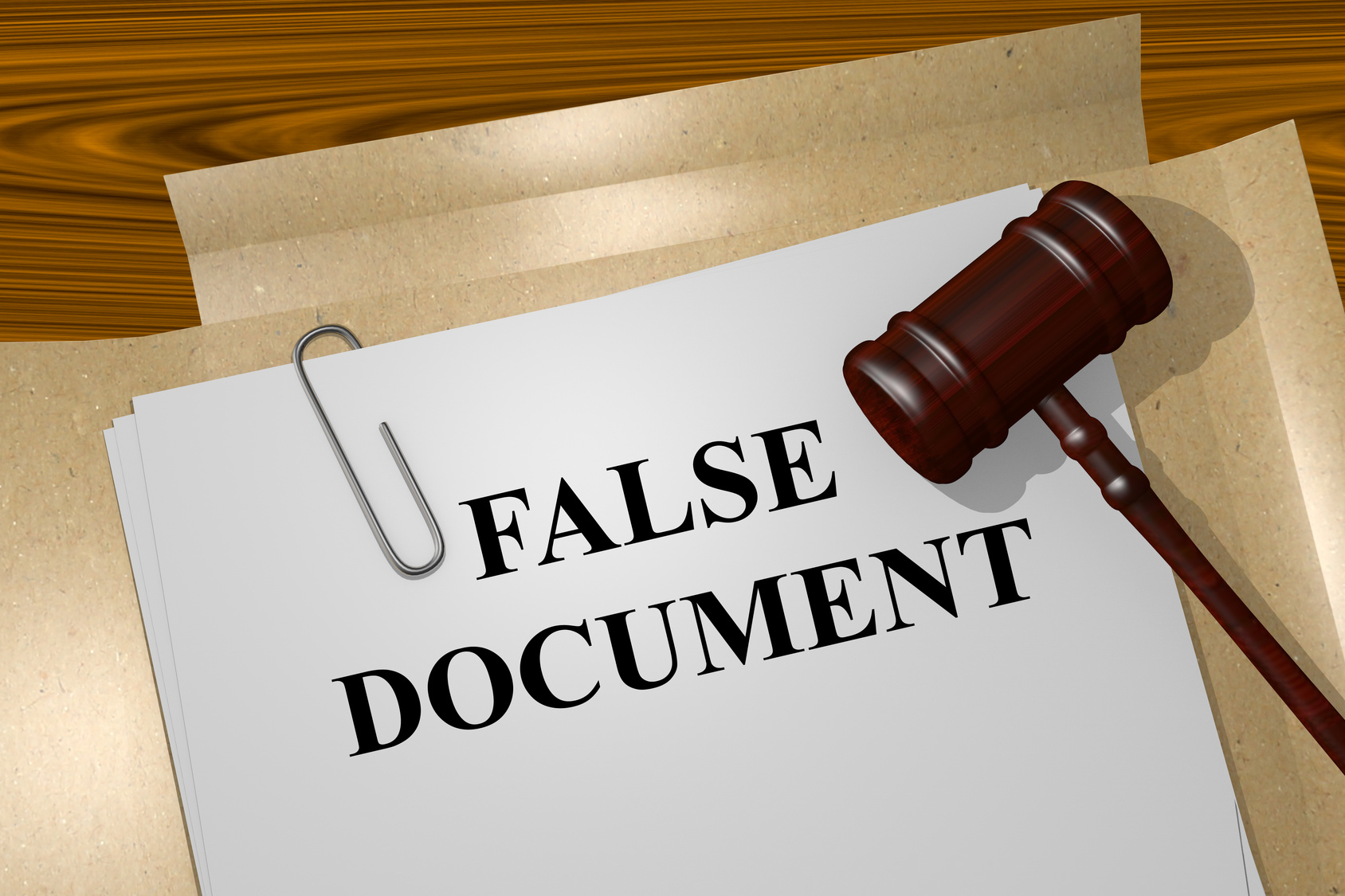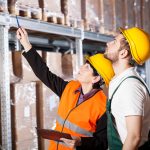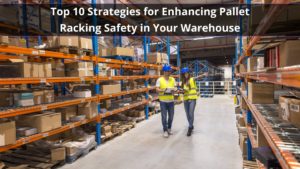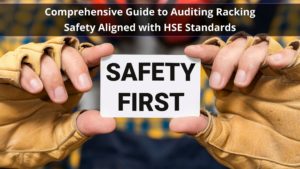
Misinformation is everywhere! So we at Storage Equipment Experts feel like it’s high time to do some health and safety myth busting. If there’s one consistently popular and usually inaccurate news story, it’s the one about health and safety “going too far”. After all, some people just love to hate health and safety.
But “health and safety gone mad!” is more than just a worn out cliche; it’s damaging to the reputation of health and safety and all the good work it does. What is rarely mentioned in these fabricated tales is how HSE has helped to reduce workplace fatalities by 86 per cent and workplace injuries by 77 per cent.
So, in order to clear health and safety’s name, here are some common health and safety myths debunked.
1. Mixing Milk: A Cocktail of Workplace Danger!
In a Costa Coffee in Sheffield, a customer asked if their barista would be able to mix whole milk and skimmed milk for them. The customer obviously felt that this would be a creative solution to the fact that the cafe didn’t serve semi-skimmed milk, so you can imagine their shock when they were told that mixing milk would violate health and safety.
Unless the resulting milk was somehow poisonous, this simply is not true. In fact, HSE itself stepped in and described the incident as a “clear case of poor customer service hiding behind the guise of health and safety”.
It so happens that the customer being served was a health and safety manager in the construction industry. She stated that debacles like this trivialise health and safety, and we couldn’t agree more. In cases like this, “health and safety” becomes a catch-all term for “things we can’t/don’t want to do”. Health and safety is about keeping people safe, not about providing excuses for customer service or trading standards issues.
2. Don’t be Such a Baby! Staff Refusing to Heat Up Food for Infants
Many parents, and many employees of cafes and restaurants, have been in this exact situation. A parent walks up to the counter of a quiet restaurant and asks the staff member if they could just pop their microwavable tupperware or baby bottle in the microwave for a moment. It’s not a big ask, is it?
Except that the health and safety police have stepped in. Restaurants and cafes can’t heat up baby food because well health and safety. What a crazy world we live in!
Once again, this is not true. HSE have confirmed that restaurants, cafes, hotels, or any other private business with a microwave are free to use them to heat up baby food. HSE have never said anything of the sort and they claim that myths like these probably originate from “jobsworths” who are looking for a reason to avoid doing more work than they have to. The problem is that these “completely nonsensical interpretations” then spread and taken as fact. Moreover, these lies only help to make people sceptical of the important work HSE does.
3. Does My Apartment Balcony Need a Rack Safety Inspection?
You probably already knew this, but no. Balconies do not need rack safety inspections because they are balconies. And yet, that didn’t stop one landlord acting as if balconies should be subject to the same standards of safety as warehouses. They released a statement asking tenants to refrain from storing large items or drying clothes on their balconies because of health and safety.
Storage safety is important, which is why we provide rack safety inspections for businesses across the UK, but a landlord should have the wherewithal to trust tenants with their own personal storage. Your warehouse may need regular warehouse racking inspections and guidance to ensure safe storage, but your balcony does not. We at Storage Equipment Experts and HSE both have faith in people to be able to store things safely in the comfort of their own home.
HSE’s comment was that this “misuse of “health and safety”” was simply “an excuse for banning the use of balconies for activities which would detract from the overall appearance of the property”. It’s yet another example of a business owner, a landlord, blaming an unpopular decision on health and safety to save face.
4. Sorry to Burst Your Bubble But…
Children’s birthday parties and bubbles go together like HSE and SEMA-approved racking inspectors. They’re both great relationships and most importantly they are both perfectly safe relationships. So why would HSE ban the use of a bubble machine at a birthday party? It’s absolute madness!
The madness is that people believe they would. No, HSE doesn’t want to ban bubbles from children’s birthday parties. Their comment on this was that people usually blame these over-zealous decisions on health and safety in order to hide their real motives “fear of being perhaps, or bad customer service”.
5. Health and Selfies: No Selfie Sticks in British Nightclubs
The logic behind this makes sense. Selfie sticks are big metal contraptions that get swung around with abandon as groups of friends try to get the perfect picture of themselves. Throw in some drink, loud music, and a hugely crowded room and you’ve got yourself a recipe for a disaster. It’s no wonder that HSE has banned selfie sticks from nightclubs.
Except that, they haven’t. HSE has no problem with this whatsoever. In debunking this myth, Lord Freud stated that “it’s never been easier to understand the rules and make the right choice”. Once again, this is likely the case of management using health and safety to protect themselves from an unpopular decision.
Selfie sticks are something of a phenomenon, but it’s easy to see why a nightclub owner — and many of his loyal, non-selfie-stick-owning customers might be fed up with them. Still, if a nightclub owner (or any business owner) wants to ban selfie sticks from their establishment, they need to be honest about their reasons.
There are countless other health and safety myths out there, and HSE is desperately trying to debunk almost as fast as they are being created. But for health and safety to truly be appreciated for the good that it is, others need to step in, expose the lies, and explain why HSE is in fact a great thing for British business.
Contact Storage Equipment Experts for a racking safety inspection and racking inspection training from the people who will cut through the jargon tell you the truth about health and safety.





